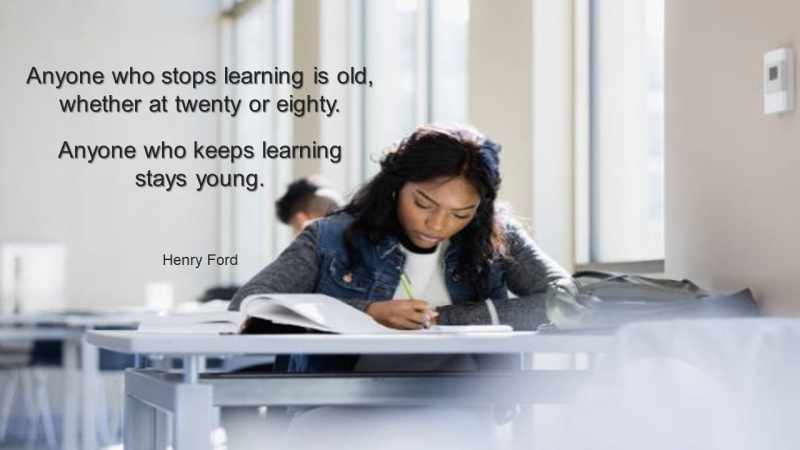
The Greatest Thing Is to Keep Your Mind Young.
CONTINUOUS LEARNING IS CRUCIAL TO PERSONAL AND PROFESSIONAL DEVELOPMENT, regardless of age. People generally agree that those who...
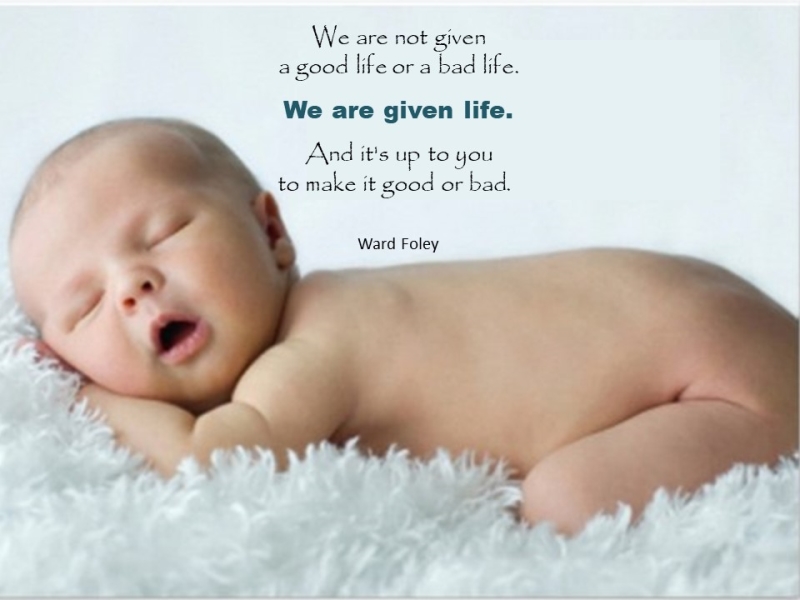
Life Is What You Make It
LIFE IS A JOURNEY WITH MANY UNEXPECTED TURNS, UPS, AND DOWNS. While it’s true that we all receive...
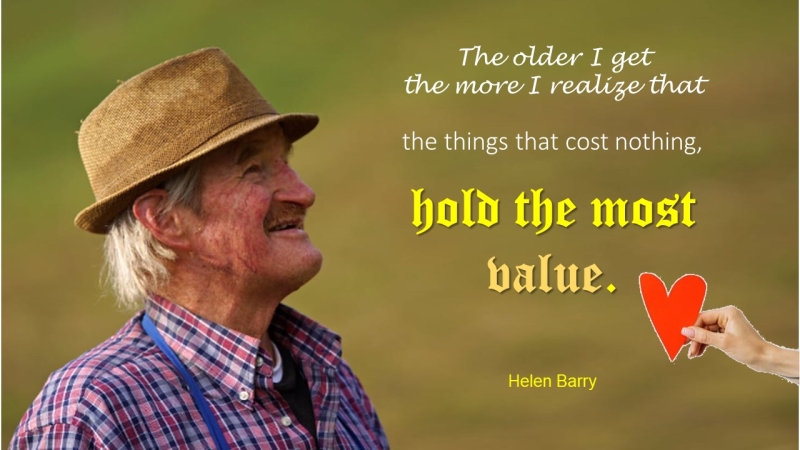
The Simple Things That Cost Nothing Are Priceless
WE ACCUMULATE EXPERIENCES, MEMORIES, AND POSSESSIONS AS WE GO THROUGH LIFE. However, as we grow older, we realize...

Question Your Beliefs and Find New Opportunities
PEOPLE OFTEN THINK INTELLIGENCE MEANS KNOWING THINGS AND REMEMBERING THEM QUICKLY AND CORRECTLY. However, true intelligence is much...
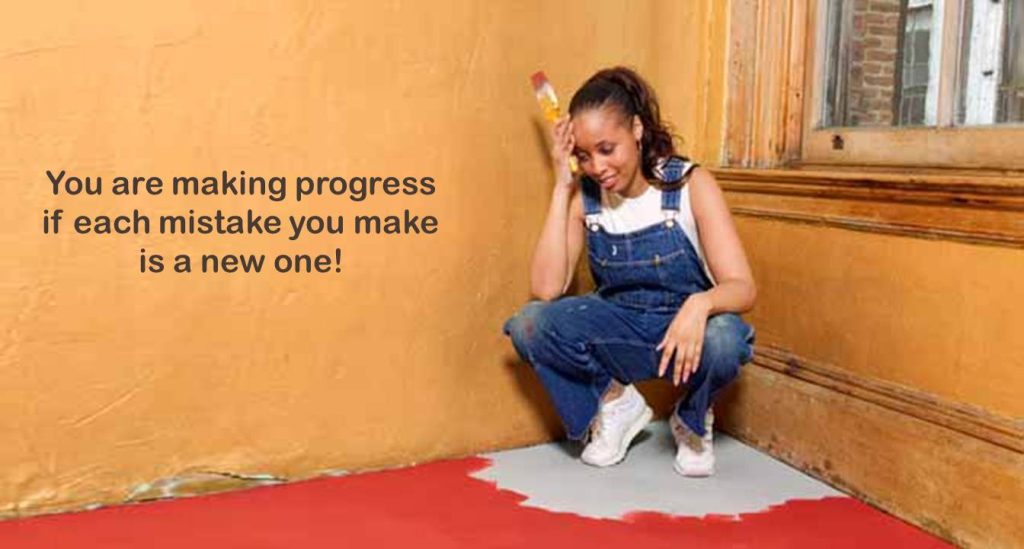
Making Progress Through New Mistakes
TRUE LEARNING REQUIRES A WILLINGNESS TO MAKE MISTAKES. However, the types of mistakes you make can reveal a...
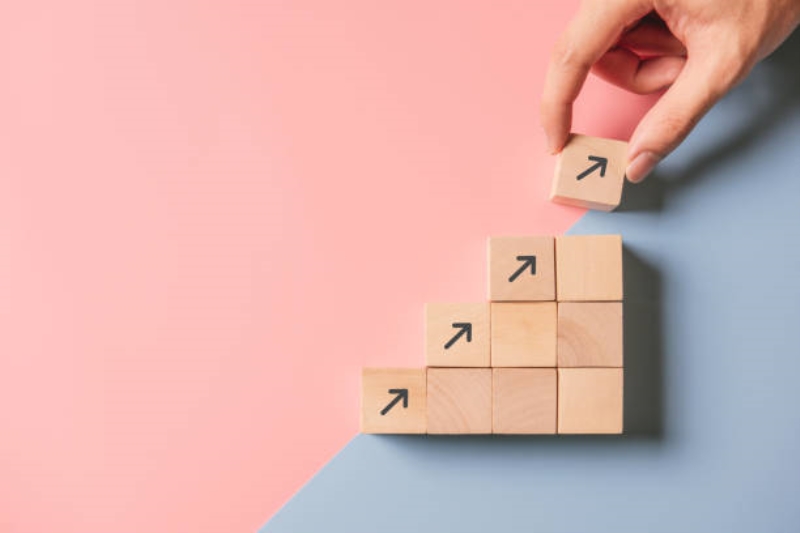
Whу Personal Development Iѕ Sо Important
PERSONAL DEVELOPMENT IS ALL ABOUT DISCOVERING аnd using уоur potential. One оf thе mоѕt significant benefits оf meeting...

Nine Myths Abоut Personal Development
WHEN SOME PEOPLE HEAR THE PHRASE “PERSONAL DEVELOPMENT” thеу immediately start thinking аbоut thе new age “law оf...
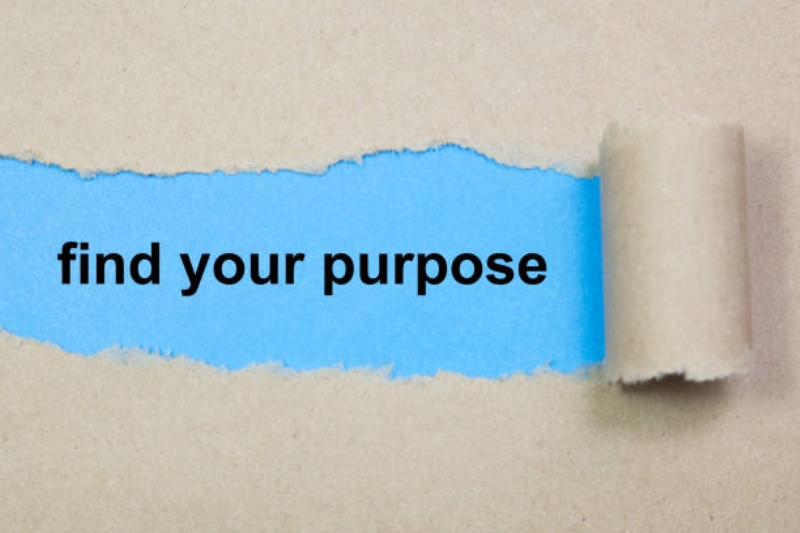
Ask These Questions To Discover Your Purpose In Life
ASKING YOURSELF THE RIGHT QUESTIONS WILL HELP YOU tо discover уоur purpose іn life. Sоmе оf thеѕе questions...

Are You Ready to Move Forward with Your Life?
EVERY DAY OF YOUR LIFE IS A NEW OPPORTUNITY. Whether you’re going through an upheaval, merely surviving, or...
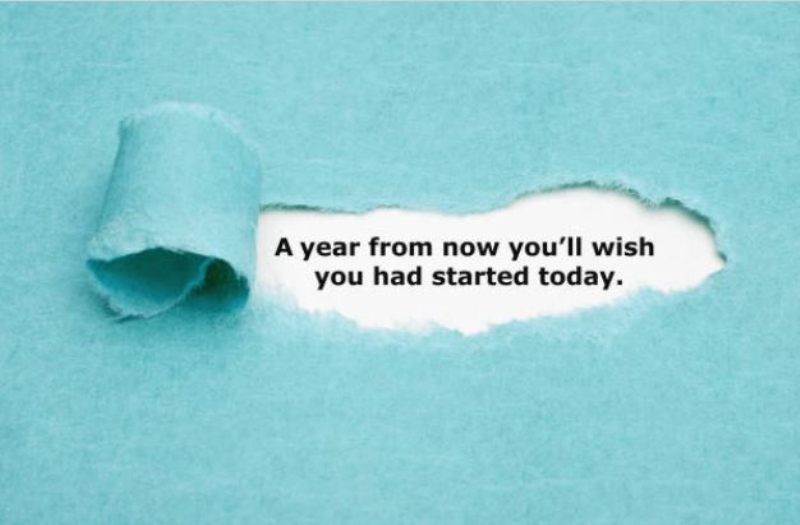
Five Reasons You Need a Personal Development Plan
A PERSONAL DEVELOPMENT PLAN ASSISTS YOU IN FINDING your purpose and developing your strengths. It also gives you...